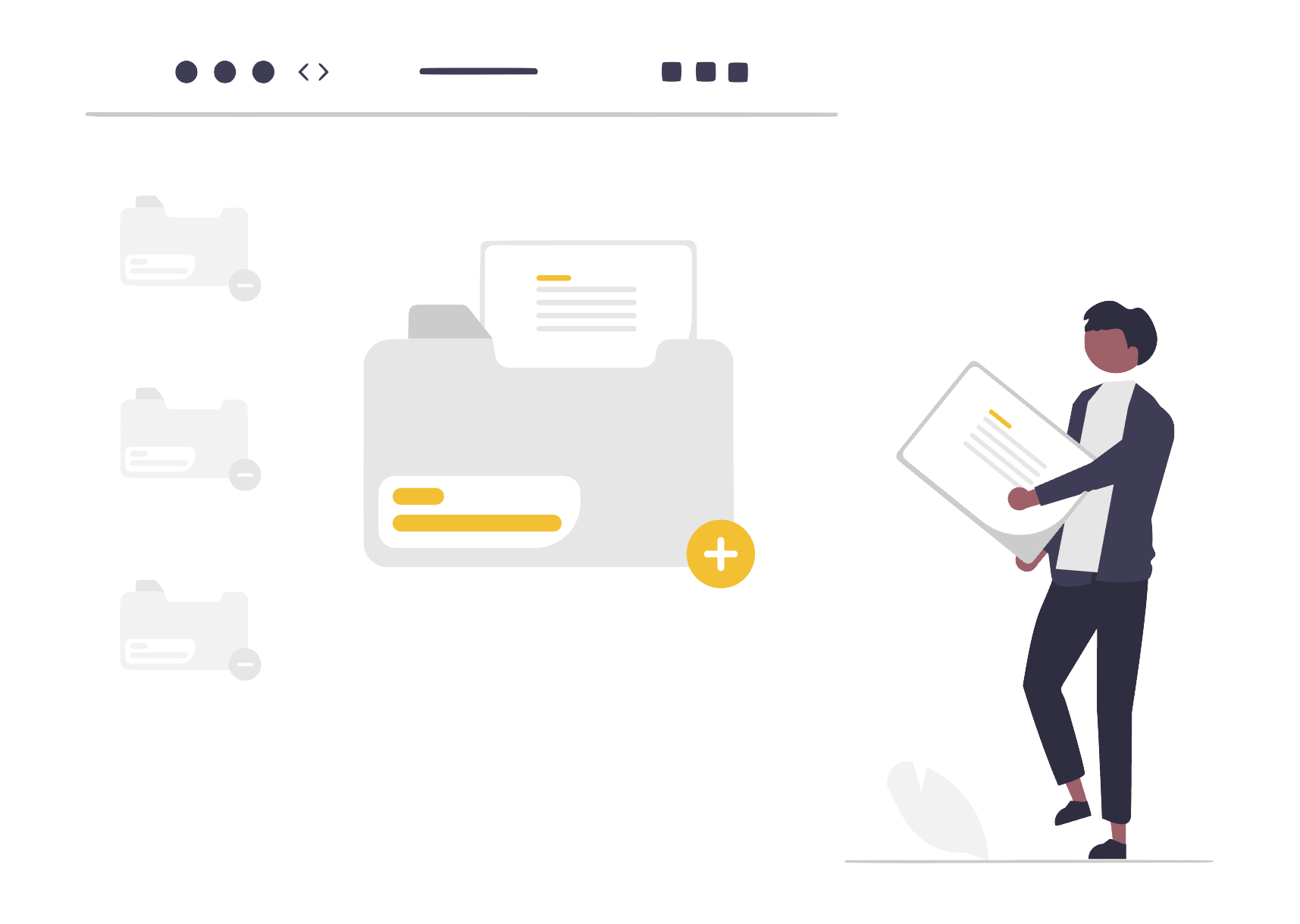
Business continuity as a guiding principle
Business continuity is not just something to worry about after a disaster, it’s a collection of policies, solutions, and work habits that keep your organization running smoothly every day. So when there are disruptions to your business — either planned or unplanned — the foundation is already set for continuity to be the expected outcome.
Take, as a common example, file storage. Think about all the important documents your team creates — reports, presentations, meeting notes, financials, site photos, project plans. What happens if one member of your team is saving files to their local computer and that computer is lost or stolen? What happens if they are using their own personal Dropbox and then they are terminated? Where are those files now?
File servers and cloud storage
The answer to those questions — the files would be lost — is why offices adopted file servers in the ’90s and ’00s, and why cloud storage and software as a service (SaaS) are so prevalent today. Centralized file storage ensures that your organization’s critical files are accessible to everyone, backed up, and owned and managed by the organization, not by any one individual.
Organizing and managing company data might not sound exciting, but it’s one of the most important things you can do to protect your business from hardware failures, software issues, and human error. Centralized storage minimizes downtime and ensures your team can keep working, through challenges and natural cycles of employee onboarding and offboarding.
Protect your most valuable assets
Your company’s intellectual property — your ideas, strategies, and customer data — is what sets you apart. Using a proper storage solution helps you protect it.
- Security: Use permissions to control who can access sensitive files. This prevents unauthorized individuals from viewing or changing your data.
- Accountability: Centralized systems can track who made changes and when, giving you a clear history of all activity.
- Protection: Ensure your data is comprehensively backed up, so you’re protected from accidental deletion, hardware failure, or SaaS outages.
What could go wrong?
Having a working file server or shared cloud platform doesn’t guarantee that’s where every file ends up. Individual team members have a lot of autonomy to save files where they want, or just to be thoughtless about organizational policies — users still can save files locally, even if that’s not what they are supposed to do.
We see this issue materialize with our clients in ways big and small. Especially with cloud storage, it might be easy to think it doesn’t matter where a file is saved and then to not pay attention to file organization at all. But there is a difference between, for example, OneDrive and SharePoint at Microsoft, or between My Drive and Shared Drives at Google — OneDrive and My Drive are a user’s personal storage area, and may have different backup and security policies set than SharePoint and Shared Drives. When the goal is continuity, keeping every document you care about in the shared environment should be a priority.
What can you do?
Any plan for data continuity goes up in smoke if the staff doesn’t follow along. And there’s a limit to how much you can control people’s behavior using available technology and tools. Help foster good habits within your organization to ensure everyone is saving their documents to the agreed-on, centralized location.
- Create a clear policy: Define exactly where employees should save their work. Make it simple and easy to understand.
- Reinforce the policy’s rationale: Educate your team on why defaulting to shared storage solutions is important and how it helps keep the lights on.
- Focus on collaboration: Emphasize the benefits of cloud storage solutions for teams working together on projects.
- Model good behavior: Don’t let executives off the hook! Ask everyone to follow file storage guidelines.
- Check for compliance: Periodically review your team’s storage habits to make sure everyone is following the policy.
By taking these steps, you can secure your company’s data, improve collaboration, and ensure business continuity no matter what comes your way.
For a free consultation and written estimate, call 646-274-0933 or email info@macktez.com.